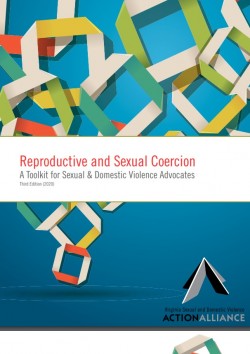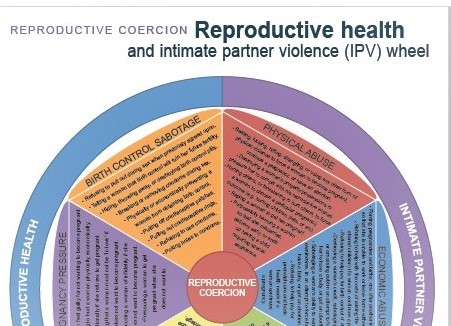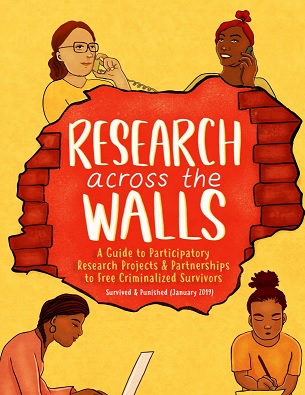Resources Library: Advocates
Start a Search:
Reachable: Data collection methods for sexual orientation and gender identity
In the past few years, researchers have begun developing new methods to measure sexual orientation and gender identity. Sexual and gender minorities have often been classified as "hard-to-reach" populations. However, recent developments in data collection methods demonstrate the increasing number of research methodologies available to those seeking a greater understanding of the lived realities of sexual and gender monorities. This report highlights some examples of data collection methods and presents examples of their use around the world.
The audience for this paper is non-researchers who seek a basic understanding of data collection methods regarding sexual orientation and gender identity. This paper is not a review of data collection. Rather it provides a small number of examples of data collection efforts.
Reproductive and Sexual Coercion: A Toolkit for Sexual & Domestic Violence Advocates

The Virginia Sexual and Domestic Violence Action Alliance seeks to build local sexual and domestic violence agencies’ capacity to identify reproductive and sexual coercion. This includes: implementing screening for reproductive and sexual coercion, implementing policies and procedures that address reproductive and sexual coercion, fostering partnerships with family planning and reproductive health providers, and doing the above-mentioned work through a reproductive justice framework or lens.
The goal of this toolkit is to help begin conversations and implement new or clarify existing policies within your agency: What is reproductive and sexual coercion? Why is a reproductive justice framework necessary? How can we best support survivors of sexual and intimate partner violence with a better understanding of reproductive and sexual coercion? What are sample policies and procedures my agency can utilize? Who in my community can I collaborate with on this work? We hope this resource provides some answers to these questions while also guiding and supporting further learning on these topics to best support the specific needs of your community.
Reproductive Health and Intimate Partner Violence Wheel

Reproductive Health and Intimate Partner Violence Wheel provides definitions and examples of reproductive coercion and intimate partner violence. The wheel can be used as a training tool for advocates and service providers, as well as a supportive and enlightening resource for survivors.
Research Across the Walls: A Guide to Participatory Research Projects & Partnerships to Free Criminalized Survivors

For many survivors, experiences of policing, criminalization, and incarceration are deeply intertwined with gender-based violence. Yet very little research exists about criminalization of survivors. With this research guide, we aim to equip more people with tools, resources, ideas, and models to pursue urgently needed community-based research projects. We hope this guide inspires more organizers, advocates, attorneys, scholars, and survivors — especially those who are currently and formerly incarcerated — to lead research projects that will contribute to a growing body of data and information to fight for the freedom and well-being of criminalized survivors, and of all people.
Resource Guide: Combating Violence Against Women
This Resource Guide was developed by the Department of Homeland Security Council on Combating Violence Against women and includes summaries and links to programs, initiatives, training, and services that can be leveraged by communities across the country to combat these types of crimes. For foreign victims, immigration relief stabilizes a victim’s status in the U.S., which enables the victim to feel a level of security and report the crime. This Resource Guide provides an overview of immigration relief and support for victims.

